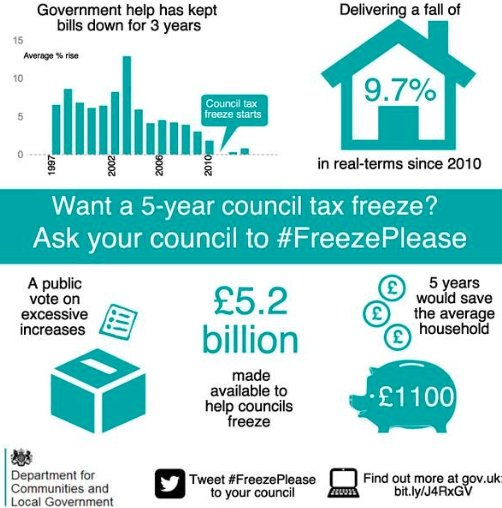The Scottish government has announced that council tax rates will be frozen or capped for the next financial year, starting from April 2024. This means that households will not see any increase in their council tax bills, regardless of where they live or how much they earn. But what does this decision mean for you and your local services? Here are some key points to consider:
Why did the government freeze council tax?
The government said that the freeze was part of its plan to support people struggling with the effects of high inflation, which has pushed up the cost of living in Scotland. The government also said that it would fully fund the freeze to ensure that councils can maintain their services and invest in areas such as social care, education, and infrastructure.
The government claimed that the freeze would benefit every council tax-payer in Scotland at a time when rising prices are putting significant strain on household finances. It also said that the freeze would help reduce inequality and poverty by making council tax more affordable for low-income households.
How will councils set their rates?
The government gave local authorities complete freedom to set their council tax rates from next year, instead of following a national formula based on income bands. The government said that this would enhance their fiscal autonomy and allow them to tailor their rates to reflect the local needs and circumstances of each area.

However, some opposition parties have criticised the decision as unfair and irresponsible, saying that it would result in big increases in council tax bills for many households. They argued that councils should use their existing powers to protect services and reduce costs, rather than relying on higher rates.
How much will your council tax bill change?
The exact amount of your council tax bill will depend on where you live and what services you use. Councils have not yet published their proposed rates for next year, but they are expected to do so by early 2024.
According to some estimates by opposition parties, ending the freeze could mean an average increase of 3% in council tax bills across Scotland. However, this could vary significantly depending on factors such as inflation, population growth, housing value changes, and service charges.
Some areas could see higher increases than others, depending on how councils decide to set their rates. For example, Perth and Kinross Council had planned to raise its rates by 3.9% next year before the announcement of the freeze. However, it is unclear whether this plan will still go ahead or be revised after receiving more information from councils.
What are some alternatives to freezing or capping council tax?
Some experts have suggested other ways of supporting people who are facing financial difficulties due to inflation and rising costs. For example:
- Increasing income support payments for low-income households
- Providing targeted grants or vouchers for essential items such as food or fuel
- Introducing a progressive system of income-based charges for services such as waste collection or street lighting
- Reforming business rates or land taxes to make them more fair and efficient
However, these options may also have drawbacks or challenges in terms of implementation, funding sources, administrative costs, or political feasibility.
Council tax is one of the main sources of revenue for local authorities in Scotland. The decision by the Scottish government to freeze or cap it for next year has sparked debate among politicians and citizens over its impact on household budgets and public services.
The government said that it was acting in response to high inflation and rising costs of living in Scotland. It also said that it was giving councils more flexibility and autonomy to set their rates according to local needs.
However, some opposition parties have accused the government of breaking its promise not to raise council tax again after ending it last year. They have also warned that higher rates could lead to cuts in essential services such as social care or education.
Ultimately, how much your council tax bill will change next year will depend on where you live and what services you use. You can check your local authority’s website for more information when they publish their proposed rates later this year.


















